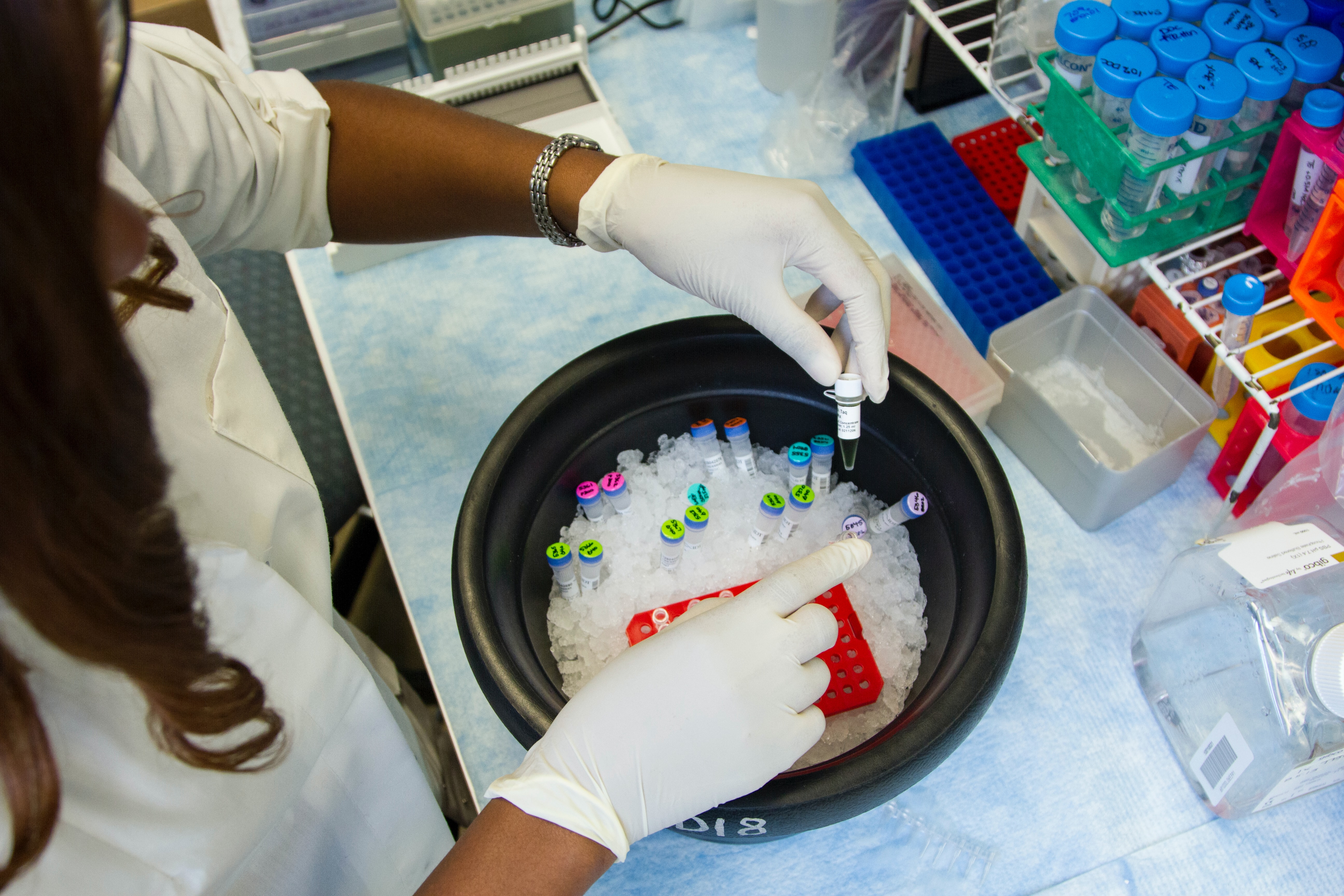For young people with cancer, big data holds the key
A research team funded by the Maridulu Budyari Gumal Cancer Clinical Academic Group (CAG) is well on the way to their goal of achieving better outcomes for young people with cancer.
A research team funded by the Maridulu Budyari Gumal Cancer Clinical Academic Group (CAG) is well on the way to their goal of achieving better outcomes for young people with cancer.

Led by clinician Dr Antoinette Anazodo and researcher Dr Marina van Leeuwen, the research team is working on a project to link key health datasets for adolescents and young adults (AYA) diagnosed with cancer in New South Wales/the ACT, Victoria and Queensland. These will include cancer, hospitalisations, ED, mental health, perinatal, Medicare services, pharmaceutical and death datasets for over 90,000 patients.
An Australian first in data linkage
These datasets have never been combined before; together, they’ll provide a big picture look at what it means to be a young person with cancer, paving the way for the development of best-practice models and better policies for follow-up care. This work will be the starting point for an enduring linkage that will provide ongoing insights into the long-term effects of AYA cancer.
“We know that AYA patients have a high burden of need in the survivorship period,” says Dr Antoinette Anazodo, a paediatric and adolescent oncologist at Sydney Children’s Hospital.
“So, the first thing to quantify is, what does that burden look like? What are the time points – does the burden happen immediately after treatment or in the longer term? And who should be following up?”
Counting the cost of cancer
In particular, the researchers are interested in the short-, medium- and long-term physical, psychological and reproductive impacts of AYA cancer diagnosis and treatment, as well as the economic costs.
Each patient’s data will be compared to a control group comprised of the Medicare enrolment data of five people of the same age without cancer. This direct comparison will help quantify the overall burden of a cancer diagnosis by showing the differences between the life trajectories and experiences of both groups.
The researchers will also use a technique called multi-level modelling to explore differences in patient outcomes with the aim of understanding health system gaps as they relate to diagnosis and treatment.
“The thing with data linkage is that it allows you to combine information that’s usually held in disparate datasets. And until you link those together, you can’t really build the full picture of someone’s diagnosis and treatment and outcomes,” says Dr Marina van Leeuwen, a researcher in the Centre for Big Data Research in Health at UNSW.
“That’s where linking these routinely collected health datasets really comes into play.”
The in-between of AYA cancer
The findings are expected to overcome a known issue in cancer research: that AYA cancers often fall in the gap between paediatric and adult services. Brain and thyroid cancers, sarcomas and melanomas are all common types of cancer in this age group, but patients can also be diagnosed with paediatric cancers, as well as cancers normally associated with older age groups.
They’re also at increased risk of treatment-related side effects and psychological issues related to their diagnosis and treatment. And, beyond the cancer itself, AYA patients are often immersed in, or on the cusp of, major life events, from university study to career progression to raising small children, further complicating their circumstances.
“So, working out the best place for their treatment, having access to clinical trials – there are so many more practicalities that are more difficult at this age group. It’s not just the cancer itself,” Dr Anazodo says.
Collaboration is the name of the game
The project is a multi-institutional collaboration funded by a seed grant from the Cancer Clinical Academic Group, part of the 14-member Sydney Partnership for Health, Education, Research and Enterprise (SPHERE).
The funding scheme requires both academic and clinical leadership on the project, as well as multi-institutional collaboration. In addition to Drs Anazodo and van Leeuwen, researchers from UNSW, the Black Dog Institute and the Sydney Children’s Hospital will contribute wide-ranging expertise in physical and mental health.
The research also responds to two of the Cancer CAG’s four key areas of strategic investment: living better with and after cancer, and reducing unwarranted variation in clinical practice.
September is Childhood Cancer Awareness Month.
Find out more about UNSW Medicine’s Cancer Clinical Academic Group and get involved with the research partnership. Or visit the Cancer Research Fund at UNSW Philanthropy to find out more about contributing financially to our cancer researchers.